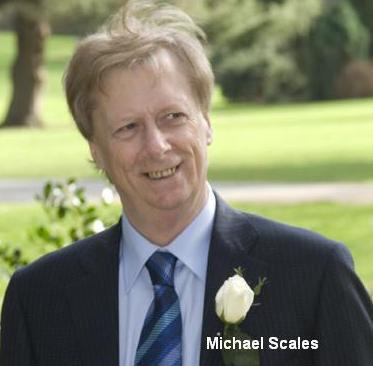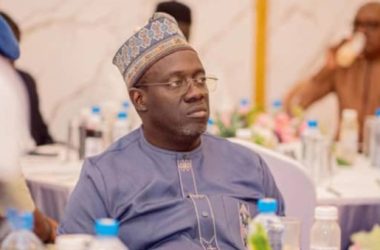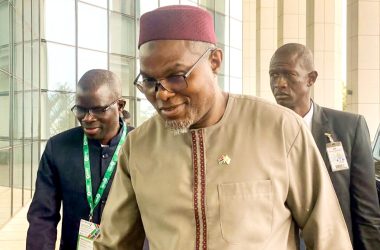{jcomments off}
(JollofNews) – It is a great privilege to be invited by JollofNews to contribute to the burning issues of the Gambia. This weekly addition covering an objective insight on the Gambia’s daily news is intended to examine the contribution the Gambian media is making to the enlightenment of its growing readership. I hope to remain faithful to being independent in spirit and opinion.
One story that grabbed my attention this week was the remarks by the British Ambassador to the Gambia, Colin Crorkin, in the Daily Observer that the Gambia is open for business and is a tourist “safe haven”.
The story highlights a presentation of medical equipment donated by the World Health Organisation (WHO) on behalf of the UN System in the Gambia to the Ministry of Health and Social Welfare amounting to some D800, 000. Amongst the items given were several office and public display cards and 100 body bags, in preparation of any incursion of Ebola into Gambia.
While presenting the items, Mr Crorkin is reported to have called on people around the world to visit the Gambia during the next tourist season and described the Gambia as the ‘Smiling Coast of West Africa’ and a safe heaven for tourism.
It is a known fact that British tax payers has always been friends of the Gambia and is no strangers to making such contributions to the West African country. More recently we gave D50 million to refurbish Gambia’s legal aid system, making access to legal representation for the poorest in society attainable. Unfortunately, this has not impacted upon scores of Gambians who have been arrested and detained beyond the statutory 72-hours detention limit without charge or basic access to a lawyer or even their immediate families.
To suggest that the Gambia is a safe haven for tourists comes with raised eyebrows for those of us who are growingly concern at the shoot to kill policy of the Gambia’s security forces at taxi drivers and members of the public. For clearly, if the Gambia is under such a high degree of alert, that it feels the need to transfer ordinary traffic duties from the police to heavily armed soldiers, this cannot by any stretch of the imagination be considered a “tourist safe haven.”
The British Ambassador has also overlooked the recent confirmation from the United Nations of aggravated torture meted out to Gambians as young as 13 by operatives of the National Intelligence Agency (NIA).
We must ask the Ambassador if he feels a tourist holds special privileges to safety at all times, whilst the Gambian citizen has none? I know some of my Gambian friends will take great exception to such a most peculiar statement.
Clearly the provision of 100 body bags will be a great help if the present trend of death by flying bullets is the order of the day.
The conflab between the Committee for the Restoration of Democracy in the Gambia (CORDEG) and the People’s Democratic Organisation for Independence and Socialism (PDOIS) knows no bounds.
On one hand you have a section stating PDOIS must be prepared to be openly accountable, whereas on the other hand, those making these statements do so within their own political hidden agenda.
The minority who favour armed conflict are no different to those who took power by force in 1994 and should be kept on the margins of reason. It is this kind of threats that are greatly contributing to so much uncertainty in the Gambia and affecting the daily lives of all.
My own view is that Halifa Sallah has every right to set the terms agreeable to his party faithful and I expect the other opposition parties do the same.
If CORDEG have got this wrong then they should apologise and move on with a format agreeable to all. To move in any direction without this agreed mandate is sheer folly and will unravel all good intentions.





